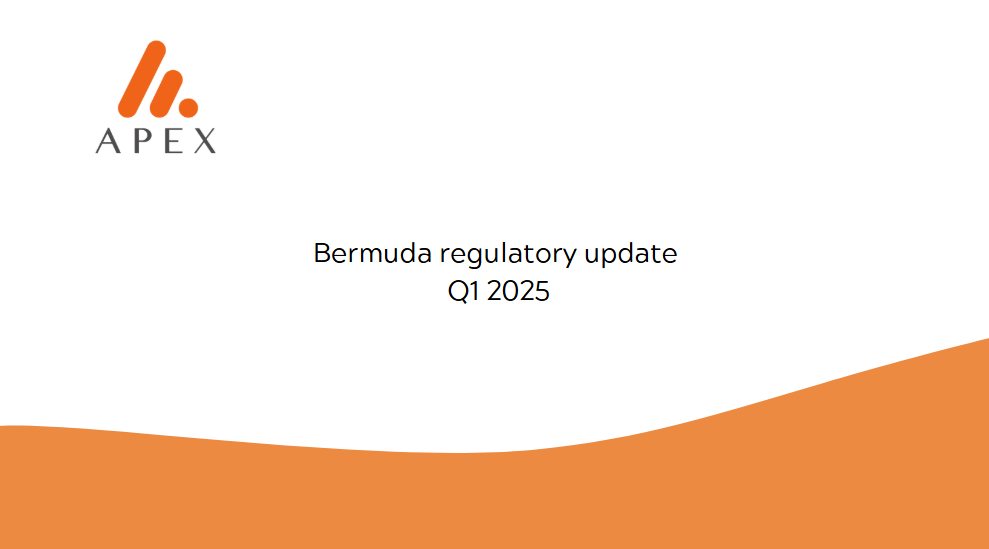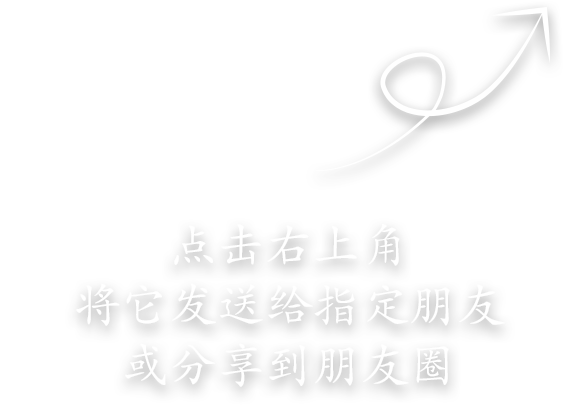Breaking the Glass Ceiling: China’s First Private Economy Promotion Law Draft Opens for Public Comment
On April 30, 2025, China’s Standing Committee of the National People’s Congress formally adopted the Private Sector Promotion Law, marking the culmination of over a year of intensive consultation, drafting and high-level endorsement. Scheduled to take effect May 20, 2025, this landmark legislation represents Beijing’s first foundational statute exclusively devoted to fostering the country’s private economy—already the engine of more than 60 percent of GDP, 80 percent of employment and over 50 percent of tax revenue while accounting for 70 percent of technological innovation and comprising 90 percent of market entities. It signals both continuity with reform-and-opening policies and a fresh, legally binding commitment to fair competition, innovation and market vitality.

Draft Solicitation (Oct. 10, 2024)
On October 10, 2024, the Ministry of Justice and the National Development and Reform Commission published the Draft Private Sector Promotion Law for public comment, inviting feedback until November 8. The draft—rooted in Xi Jinping Thought on Socialism with Chinese Characteristics for a New Era—laid out nine chapters and 77 articles covering everything from market access and finance to intellectual property and legal liability. It codified the “two unwavering” principle (supporting and encouraging the private economy) and enshrined equal treatment, negative-list market entry, fair procurement, anti-monopoly review and transparent enforcement mechanisms.Expert and Industry Input
A 17-agency drafting task force canvassed opinions from 53 central bodies and 31 provincial governments, processing almost 1,000 submissions from scholars, lawyers and business leaders. Forums with private-sector representatives emphasized the need for binding guarantees rather than aspirational statements, especially on fair financing, administrative neutrality and IP safeguards.Enactment (Apr. 30, 2025)
After the Third Plenum of the 20th CPC Central Committee reaffirmed its importance, the Standing Committee voted the law into effect. Xinhua reported the committee’s unanimous approval, underscoring that this statute “supports a key part of the world’s second-largest economy” and “reflects high-level commitment to private-sector development” .
Key Provisions with Global Resonance
Equal Market Access & Fair Competition
Negative-list approach: All economic actors—including foreign-invested enterprises—enjoy equal entry outside explicitly listed restrictions.
Procurement & Bidding: Public tenders must be transparent; discriminatory criteria (e.g., implicit caps on private or foreign firms) are outlawed.
Anti-monopoly & Review: Strengthened rules to prevent state or quasi-state monopolies from abusing position.
Optimized Finance & Investment Environment
Strategic Projects: Private firms may co-participate in national “major projects,” from infrastructure to high-tech mega-programs.
Market-based Risk Sharing: Promotes credit enhancements, securitization and diversified funding channels to lower borrowing costs for private players.
Science, Tech & Innovation Support
R&D Leadership: Enables qualified private entities to lead national research tasks and join standard-setting bodies.
Data & IP Protections: Assures lawful use of public data and bolsters IP enforcement against infringers.
Rule of Law & Administrative Neutrality
Enforcement Oversight: Guards against “one-size-fits-all” crackdowns; empowers redress where local authorities overreach.
Legal Liability: Sets clear penalties for discriminatory or abusive administrative conduct—from unjustified freezes of assets to misuse of criminal prosecution.
Governance, Social Responsibility & Publicity
Party-Enterprise Coordination: Clarifies the role of in-company Party committees without undermining corporate governance.
Labor & CSR: Protects worker rights, mandates anti-corruption measures and encourages private investment in rural revitalization and green development.
Positive Narrative: Requires state media to highlight success stories of private entrepreneurs, cultivating a social climate of respect for innovation and enterprise.
Voices from the Frontline: Chen Guangbiao’s Perspective
Renowned entrepreneur Chen Guangbiao—who in recent years vocally challenged “anti-private” narratives—hailed the law as a “legal cornerstone” that transforms the “two unwavering” principle into operational, enforceable guarantees.
“56789 data points”: Chen underscores that the private sector contributes 50 percent of import/export, 60 percent of GDP, 70 percent of tech innovation, 80 percent of jobs, and 90 percent of market entities—figures now explicitly enshrined to quash baseless “retreat” or “exploitation” claims.
Fair Competition Over Favoritism: For Chen, the real boon is sunshine rules, not special privileges—ending the “glass-door” phenomenon that skewed bidding, procurement and credit decisions.
Innovation Confidence: By codifying “no retroactive policy punishment” and mandating periodic review of obstructive regulations, the law aims to foster the “risk appetite” vital for private-sector R&D.
Entrepreneurial Spirit: Beyond rights protection, Chen applauds explicit encouragement for private capital to fuel rural revitalization, tech breakthroughs and green transitions—a clarion call for “奋斗者” (strivers), not “躺平者” (the disengaged).





















































First, please LoginComment After ~